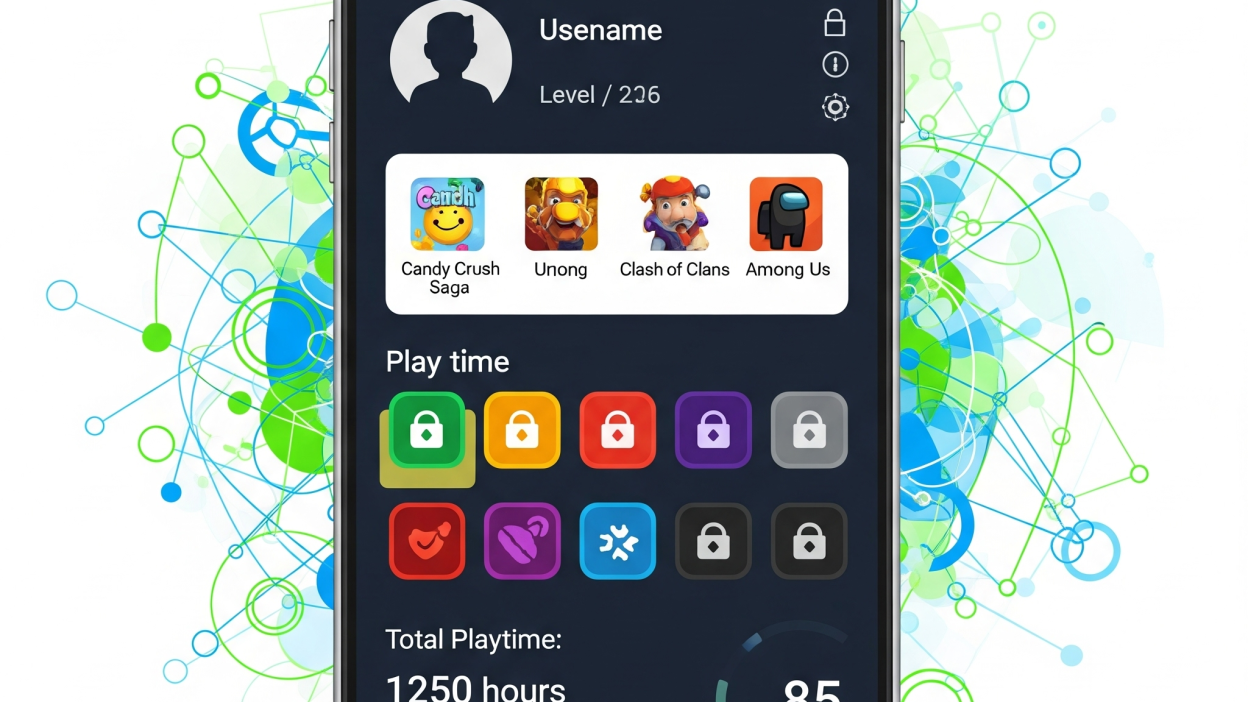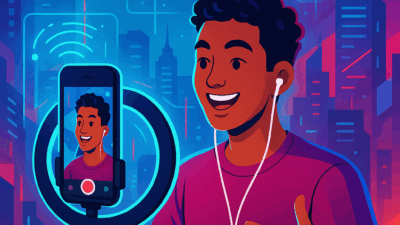Your Game Time Goes Public: Google Play Games’ Big Social Makeover
Google Play Games, long seen as Android’s quiet hub for achievements and leaderboards, is about to step into the spotlight. Starting September 23, 2025 (with a short delay to October 1 in the EU and UK), Google is rolling out a major update that will transform player profiles into something far more social and visible.
This isn’t just a design refresh. It’s a pivot toward making gaming activity a part of your digital identity, much like what Steam did for PC gaming. The change captures a broader shift in tech: companies leaning into community-driven experiences while carefully balancing user privacy.
From Tracking Progress to Showcasing Play
Launched in 2013, Google Play Games started as a way to unify multiplayer features, cloud saves, and achievements across Android apps. Over time, it spread to Windows PCs and gained cross-device syncing. But until now, the profile aspect has remained understated—mostly for personal tracking rather than public interaction.
That’s about to change. With the upcoming update, Play Games profiles will be integrated into the Play Store app itself, front and center, making them easier to access and harder to ignore. Google has teased new features like “gaming stats and milestones”, plus social tools designed to help players connect, discover, and even compete more openly.
It’s a playbook borrowed from Steam’s success: turning your gaming habits into a shareable showcase.
What’s New in Your Play Games Profile
Here’s what players can expect from the overhaul:
-
Visible Game Library: Your installed and recently played games will now show up for others, offering a peek into your gaming tastes—whether you’re hooked on battle royales, cozy sims, or puzzle marathons.
-
Stats & Milestones: Think total hours logged, levels completed, win streaks, or rare achievements—all displayed like digital trophies.
-
Social Features: Friend recommendations, in-app connections, or even collaborative events could make the platform feel less like a logbook and more like a hub.
-
Historical Data Import: For the first time, you can pull in your past activity to build a complete timeline of your mobile gaming journey.
Together, these features transform Play Games from a solitary record-keeping tool into a public portfolio of your gaming life. Imagine scrolling a friend’s profile and discovering they’ve racked up hundreds of hours in a strategy game you love—it might spark conversations, rivalries, or even co-op sessions.
The Data Question: A Double-Edged Sword
Of course, these features rely on deeper data collection. Google will log not only which games you’ve played but also when, how long, and what milestones you’ve hit. That data could power smarter recommendations, better matchmaking, and insights for developers.
But it also raises eyebrows. Will Google use it for ads? The company hasn’t confirmed—or denied—that possibility. In today’s world, where data is digital gold, skepticism is natural.
Google reassures players with privacy controls:
-
Everyone – fully public profile
-
Friends only – limited visibility
-
Only you – private mode
Supervised accounts (like children’s) will have stricter defaults, and you can delete your Play Games profile at any time. That said, short of deletion, some level of data collection remains unavoidable.
Why It Matters for Players and Developers
For players, this could be the push that finally makes mobile gaming feel as social as console or PC ecosystems. Profiles integrated directly into the Play Store may spark discovery—“Oh, my friend plays this too”—leading to organic growth for games.
For developers, the update offers a new visibility channel. Games could spread faster through profile showcases, and aggregated player data can help devs fine-tune experiences.
And for Google, it’s about more than games. This rollout ties neatly into its 2025 roadmap: cross-platform play, subscription services, and AI-driven game discovery. Play Games on PC is also graduating from beta, creating a seamless ecosystem where your stats and milestones follow you across devices.
The Pushback: Privacy, Pressure, and Regulation
Not everyone is thrilled. On Reddit, Discord, and X, gamers are split—some excited about social features, others uneasy about being watched more closely. Parents worry about the pressure it could put on kids whose playtime or progress becomes quantifiable.
Then there’s the regulatory angle. With GDPR and similar rules, Europe in particular will be watching closely. Transparency around consent, data security, and profiling will be critical. Any missteps could trigger both fines and trust issues.
Looking Ahead
This isn’t just about bragging rights or badges. If done right, Google Play Games could finally unify Android gaming under a social umbrella, making it more communal, competitive, and connected. If done wrong, it risks becoming yet another cautionary tale of overreach and privacy backlash.
As the September launch approaches, the choice will rest with players:
-
Do you open your profile to the world, leaning into the new social fabric?
-
Or do you keep your gaming life private, playing in silence?
Either way, one thing is clear—the way we share, discover, and connect through mobile games is about to change.



